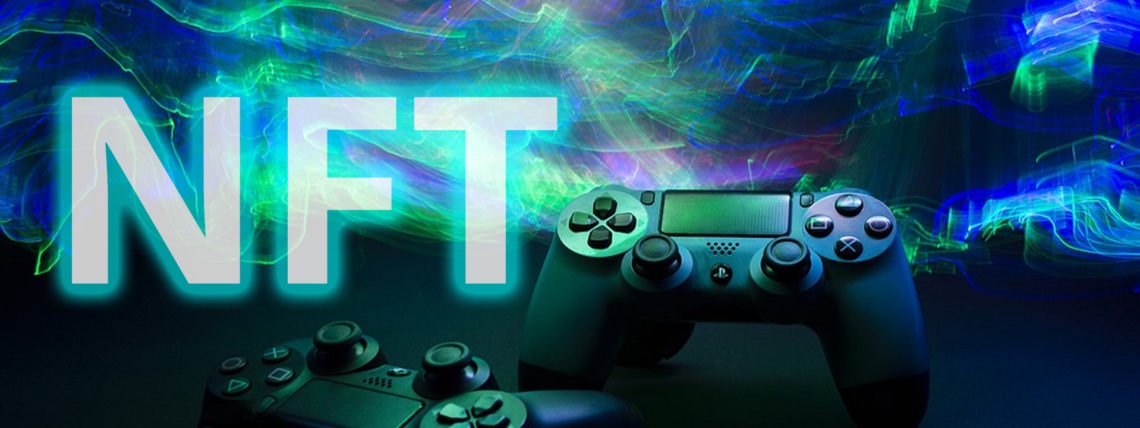Introduction
The gaming industry has experienced a remarkable transformation, thanks to the integration of blockchain technology. Blockchain, the decentralized and transparent ledger system behind cryptocurrencies like Bitcoin, is proving to be a game-changer in the world of gaming. With its unique features and capabilities, blockchain is revolutionizing the gaming industry in various aspects. In this article, we will explore the impact of blockchain on the gaming industry and how it is reshaping the future of gaming.
Enhanced Security and Ownership
One of the significant benefits of blockchain in gaming is enhanced security and ownership for players. Traditional gaming systems often suffer from security vulnerabilities, leaving players susceptible to hacks and fraud. However, with blockchain, transactions and in-game assets are recorded on an immutable and transparent ledger, providing a high level of security. Players have complete ownership and control over their virtual assets, as blockchain ensures the authenticity and provenance of each item, reducing the risk of fraud and theft.
Decentralization and Player Empowerment
Blockchain technology enables decentralization in gaming, allowing players to have more control and autonomy over their gaming experiences. By utilizing smart contracts, players can engage in peer-to-peer transactions without the need for intermediaries. This eliminates the dependence on centralized authorities, empowering players to trade, sell, and exchange in-game assets directly with other players. Furthermore, blockchain-based games often involve community governance, where players can participate in decision-making processes, ensuring a more inclusive and democratic gaming environment.
Interoperability and Cross-Platform Integration
Traditionally, gamers were confined to a single gaming platform, and transferring assets between different games or platforms was a complex and often impossible task. Blockchain technology introduces interoperability, allowing seamless asset transfers between different games and platforms. With the use of non-fungible tokens (NFTs), players can now truly own their in-game items and carry them across multiple games, creating a unified gaming experience. This cross-platform integration opens up new possibilities for collaborations and partnerships between developers, leading to a more interconnected gaming ecosystem.
Incentivizing Players with Tokenization
Blockchain-based games often incorporate their native tokens or cryptocurrencies, which can be earned, traded, or used within the game's ecosystem. This tokenization incentivizes players to engage more actively and rewards them for their participation. Players can earn tokens by achieving milestones, completing quests, or contributing to the game's development. These tokens can then be exchanged for other in-game assets or even converted to real-world value. By introducing tangible rewards through blockchain, NFT gaming platforms can foster a more engaging and immersive experience for players.
Transparent and Fair Gameplay
The transparency of blockchain technology addresses the issue of fairness in gaming. In traditional gaming, players often question the integrity of game mechanics and the likelihood of winning. Blockchain eliminates this uncertainty by providing transparent and auditable gameplay. Smart contracts ensure that game rules and outcomes are executed exactly as programmed, leaving no room for manipulation. This transparency not only promotes fair play but also enhances trust between players and developers, fostering a healthier gaming community.
Crowdfunding and Game Development
Blockchain's crowdfunding capabilities have revolutionized the way games are funded and developed. Through initial coin offerings (ICOs) or token sales, game developers can directly raise funds from interested investors or players. This decentralized approach allows developers to bypass traditional funding channels, giving them greater creative freedom and control over their projects. Additionally, blockchain-based crowdfunding provides a more inclusive opportunity for gamers to support the games they believe in, enabling a closer relationship between developers and their communities.
Conclusion
Blockchain technology has undeniably made a significant impact on the gaming industry, revolutionizing various aspects of gameplay, ownership, and development. With enhanced security, decentralization, interoperability, tokenization, transparency, and crowdfunding, blockchain has opened up new opportunities and possibilities for both players and developers.


No comments yet